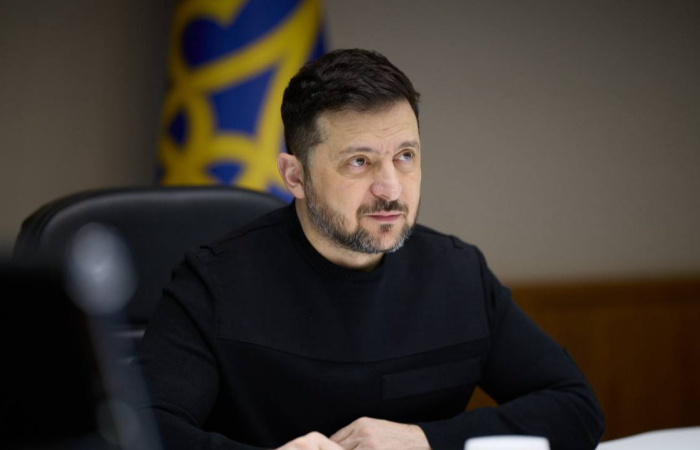The European Union has decided to cancel €121 million in funds intended to support Georgia's economic development and its aspirations for EU membership. The decision was confirmed by the EU delegation in Georgia, which said that the growing repression of dissent was the reason for the withdrawal of financial assistance.
The announcement stated that the funds were being withdrawn because of Georgia's 'democratic backsliding'. The decision was made after Georgia's authoritarian government passed a law that mirrors Russian legislation and labels Western-backed NGOs and media outlets as 'foreign agents'. The law sparked widespread protests, which were violently dispersed by riot police using tear gas and batons.
The EU announced in July that Georgia's accession process had been put on hold as a result of these developments. Although Georgia was granted EU candidate status in December, the country has received significant financial support from both the EU and the US to strengthen civil society and invest in agriculture and tourism, which are crucial sectors for many Georgians.
The ruling Georgian Dream party has accused Western-funded NGOs of undermining the country's 'unique history, traditions and identity'. The party has also pushed through legislation banning public references to the LGBTQ+ community and outlawing Pride events, leading to the tragic murder of a transgender woman shortly after the law was passed.
In response to these actions, a spokesperson for the European Commission has warned that 'all options are on the table' if Georgia continues on its path of 'democratic backsliding'. This includes the possibility of withdrawing a preferential agreement that allows Georgian citizens to visit the EU without a visa.






